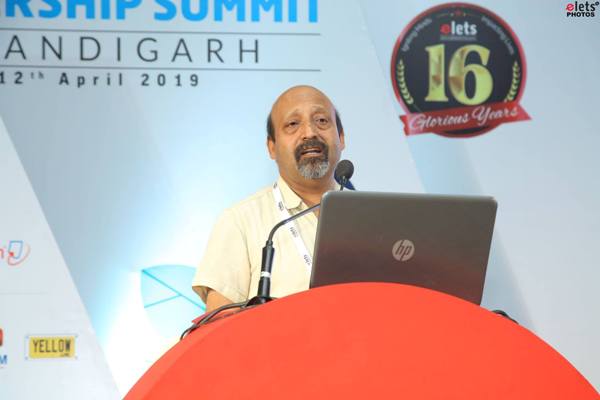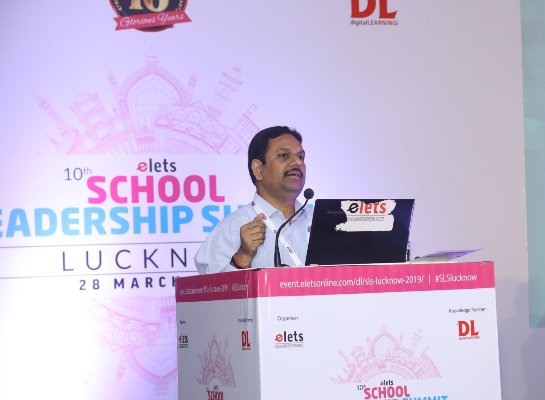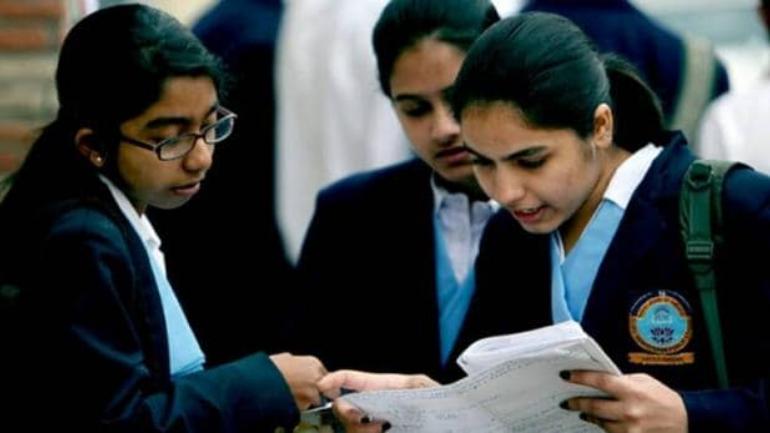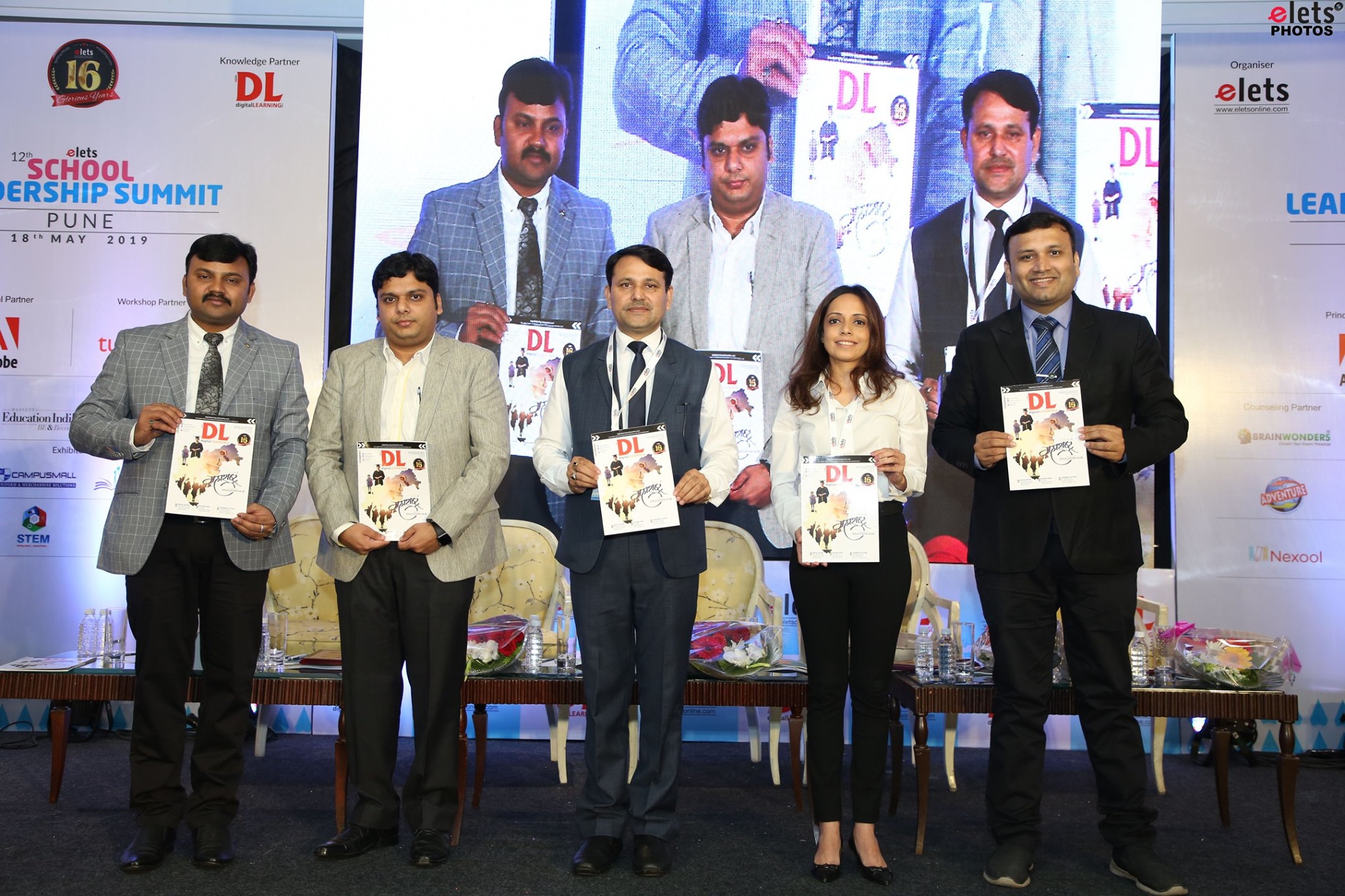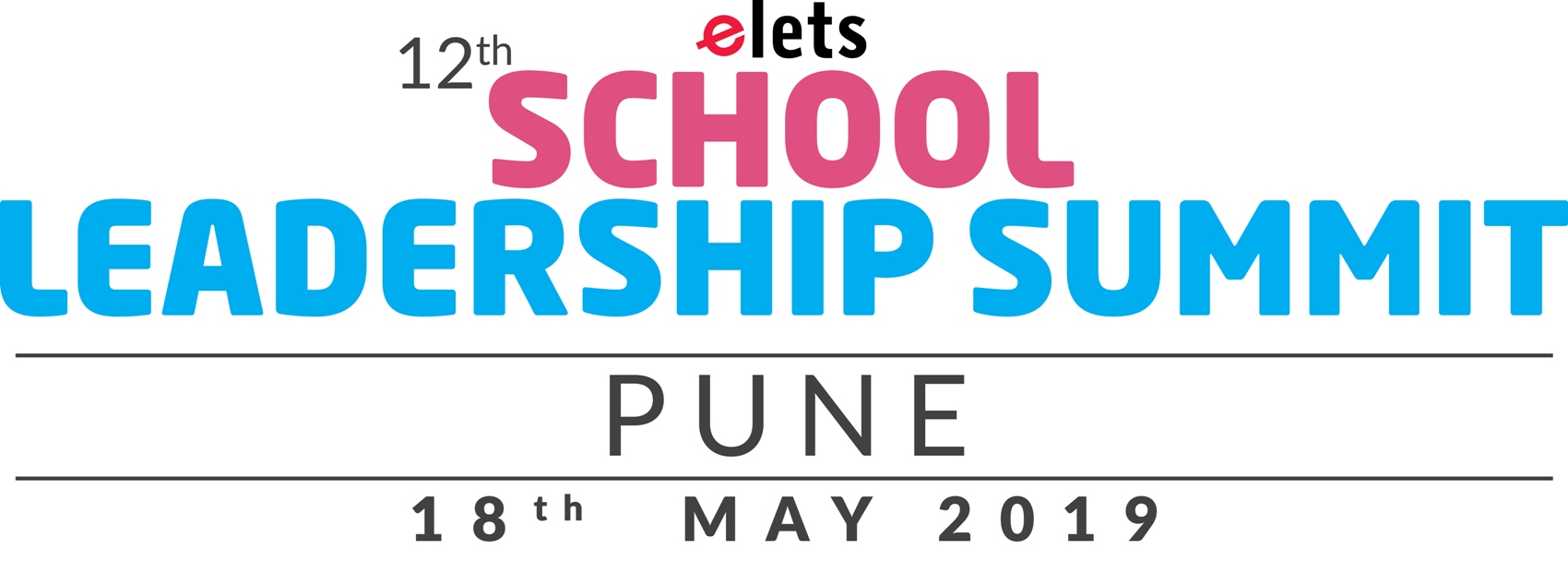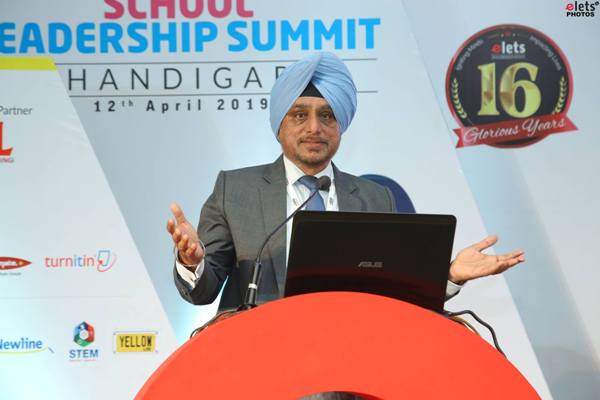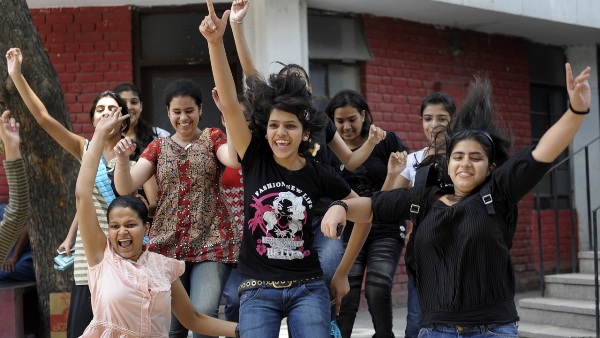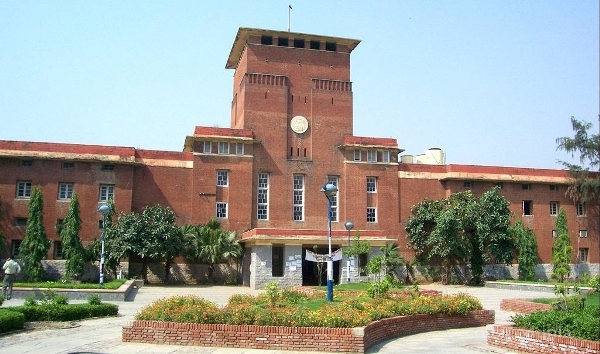“In the present scenario, most of the children are confused as they dont know how whatever being is taught to us or written in textbooks is related to our life ahead. Is it only relevant to pass the examination or it will be helpful for my life,” said Dr Anup Kumar Rajput, Professor and Head, Department of Elementary Education, NCERT.
Suggesting the solution for the aforesaid situation, Dr Rajput also explained that how teachers can play a very important role in solving the issue. He said, “If the students don’t need to pass the examination, educators may explain students the objective of education which is to develop their personality holistically. Realising this objective will nurture productive citizens who can contribute improving the GDP of the country.”
While speaking at the 11th School Leadership Summit Chandigarh 2019, Dr Rajput touched various important topics relevant for improvement in Indian school education ecosystem. Explaining the importance of nurturing the skills relevant for future ahead, he said, “It is important to identify the 21st century skills few of which include: Creativity, critical thinking, communication, life-long learning etc.”
Describing the importance of modifying the current educational practices, Dr Rajput suggested teaching-learning practices must promote life skills among students. He said, “It is important to assess that either teachers are teaching students to live a happy life or just the content. It must be reviewed. Government is also taking several steps in this direction.”
“The Government initiatives are focusing on improving the learning outcomes among students which are not related to content but to inculcating 21st century skills among students,” he added.
Showing his concern over very few Indian laureates, Dr Rajput explained the reason behind it. He said, “Why India is lagging behind in producing Nobel laureates in different streams. Where is the fault lie, in our education system or somewhere else? Why we can’t we have the same level of excellence found in other education systems across the globe?”
Suggesting the solution, he said, “We can observe that almost every corporate train fresh graduates right after campus placement and before assigning them a project. It is so that our education system is failing in nurturing the required skills among students. We need to overcome the same effectively.”
He also mentioned, “It is very important to assess the learning outcomes among student as only through it we can judge how proficient a student is in a certain subject or skill and at the same time how well the subject has been taught by the teacher. But, it is not possible with the traditional assessment practices we also need to adopt the latest assessment practices.”






